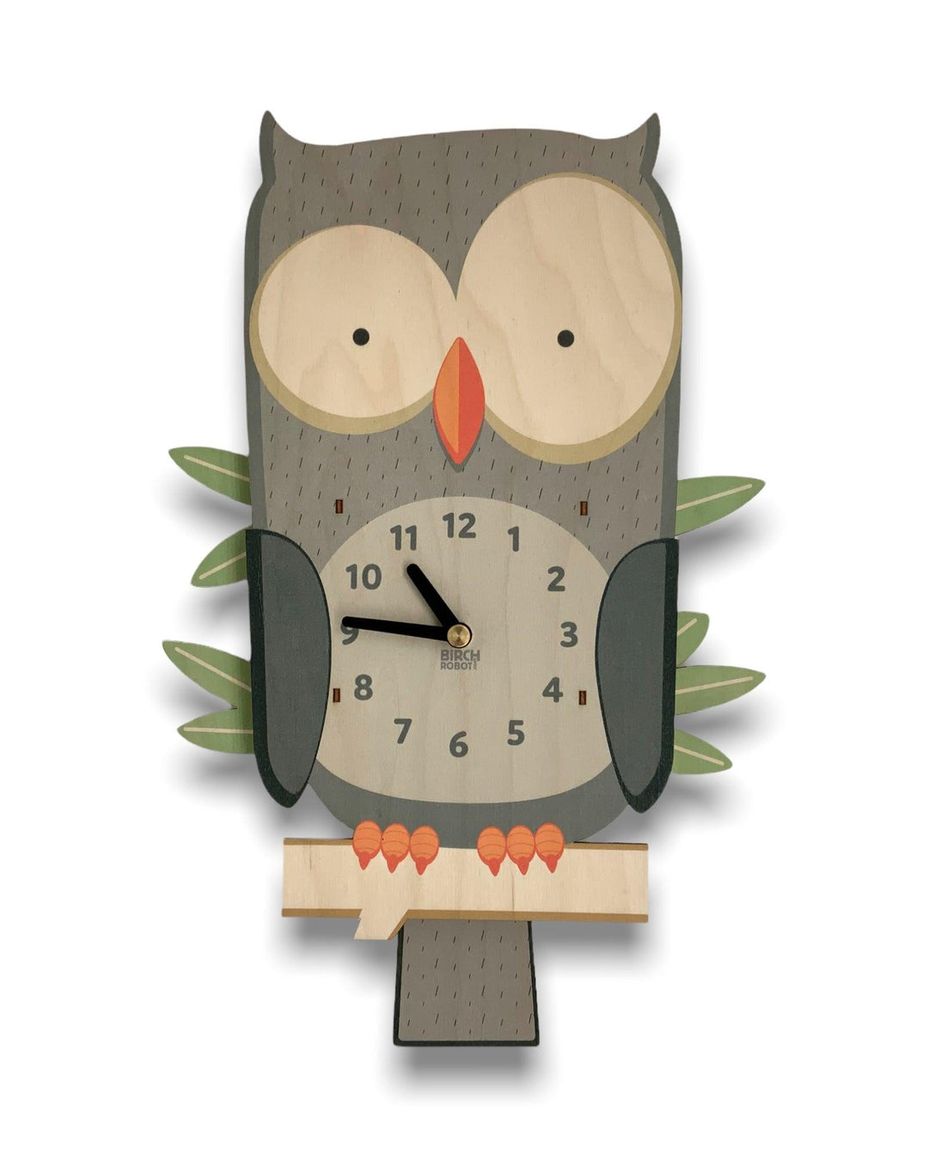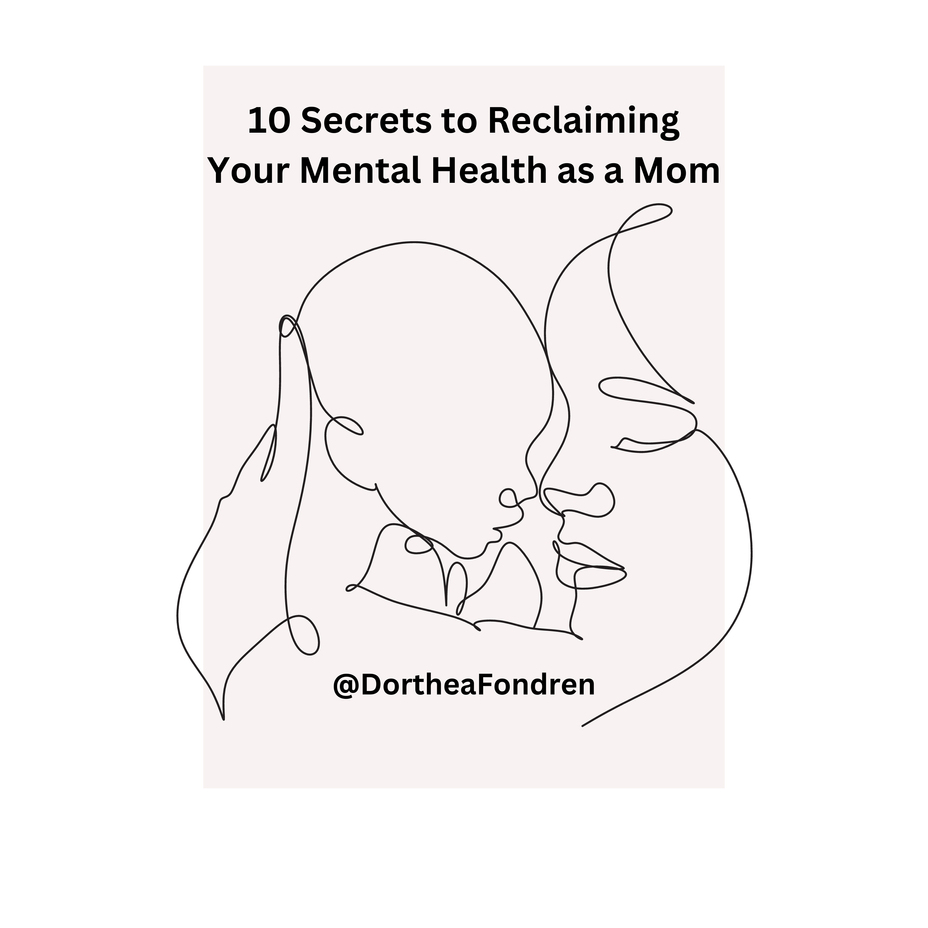When #transparency Matters More Than Labels
I’ve never been the type of person who fears #Relationships without strings.
Casual connections don’t scare me. Emotional intimacy without romantic commitment doesn’t scare me. What does unsettle me is when someone isn’t honest about what they want (with me or with themselves.)
Recently, I got involved with someone I genuinely liked. We’ll call him Cole. And from the beginning, I tried to be upfront about who I was: an atheist, someone who doesn’t want biological children, someone who values honesty even more than commitment. He assured me none of that bothered him. He said it three separate times, actually.
But beneath those reassurances sat unspoken truths (truths he didn’t share until everything was already unraveling.)
One evening, out of nowhere, he told me he had been intentionally avoiding messaging me. Not because he was busy, not because he needed space, but because he was bothered by the very things he claimed didn’t matter. Suddenly my lack of #Religion (which wasn’t a problem before) became the center of his discomfort. My disinterest in #Motherhood miraculously turned into something he had secretly struggled with the entire time.
It was jarring. Not because he felt differently, but because he never said it.
Because he let me believe something that wasn’t real.
Then came the line that told me everything I needed to know: “If I wasn’t interested in you, I would’ve just ghosted you.”
I remember feeling a weird sense of disorientation, like he was offering that as some kind of comfort. As if the bare minimum (not disappearing) was meant to reassure me.
Of course, ironically, he soon began ghosting anyway.
When he finally resurfaced, it was with:
“I just need a break. I’m not ready for a relationship.”
It’s a familiar excuse. It’s gentle enough to soften guilt, vague enough to avoid accountability. But by then, the damage wasn’t the lack of commitment; it was the lack of transparency.
I’ve had casual relationships that were healthier and more emotionally stable than this one, because they were built on honesty. I’ve been in non-romantic intimate relationships that thrived simply because all parties were clear about expectations. But this? This was a slow erosion of trust disguised as politeness, wrapped in half-truths, and delivered only when silence became too heavy to maintain.
What made it more complicated was that faith suddenly entered the conversation. This was not something he lived consistently, but as something he used to justify withdrawing. He spoke about Christian values while simultaneously doing things his own faith would call dishonest, selfish, or irresponsible. As an atheist, I don’t judge people for their beliefs, but I do notice when someone’s actions don’t match the moral framework they claim to follow.
In the end, I wasn’t angry that he wasn’t ready. I wasn’t angry that our values didn’t align. What hurt was that he didn’t trust me enough to be straightforward.
Relationships (romantic, casual, or undefined) all rely on the same foundation: transparency. We deserve the truth, even if it’s uncomfortable. Especially if it’s uncomfortable. Being upfront doesn’t guarantee a relationship will last, but avoiding honesty guarantees it won’t be healthy.
What I learned from this experience is simple: I don’t need commitment from someone. But I do need clarity.
I don’t need someone to share my beliefs. But I do need their actions to match their words. And I don’t need perfection. I just need someone who respects me enough to tell the truth.
#Avoidance might feel easier in the moment, but it always ends in more hurt than honesty ever would. And while I walked away disappointed, I also walked away with something valuable: a renewed commitment to holding my boundaries, communicating openly, and refusing to make myself small for someone who isn’t ready to meet me with the same level of transparency.
If anything, this experience reaffirmed what I’ve known all along: Transparency isn’t just important: it’s the quiet backbone of every healthy connection.





